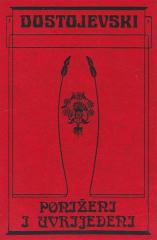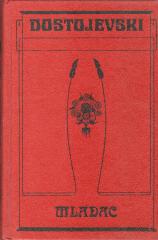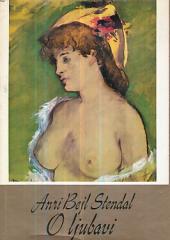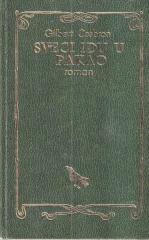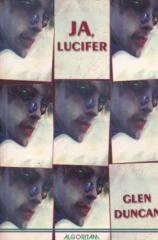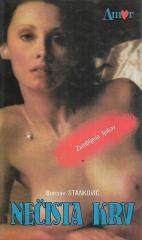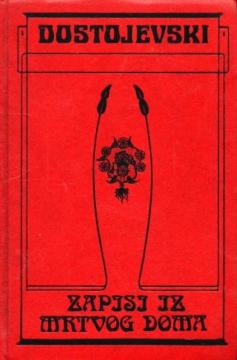
Zapisi iz mrtvog doma / Zimske bilješke o ljetnim dojmovima / Zapisi iz podzemlja
Beleške iz mrtvog doma (1860-1862) - roman zasnovan na autorovom zatočeništvu u Sibiru. Zimske beleške o letnjim utiscima (1863) - esej sa putovanja u Evropu 1862. godine. Beleške iz podzemlja (1864) je filozofski roman o čoveku razapetom unutrašnjim suko
Beleške iz mrtve kuće: Narator, Aleksandar Petrovič Gorjančikov, osuđen je za ubistvo i opisuje život u logoru. Kroz niz vinjeta, Dostojevski prikazuje surovost zatvorskog života, ali i složenost ljudske prirode – od okrutnosti do saosećanja. Zatvorenici, različitih klasa i karaktera, otkrivaju univerzalne teme patnje, nade i otpora. Roman istražuje moralna pitanja, slobodu i snagu duha, naglašavajući kako čovek može da sačuva dostojanstvo u najgorim uslovima.
Zimske beleške o letnjim utiscima: Putopisno-filozofski esej u kojem Dostojevski, kroz satirični ton, kritikuje zapadno društvo, posebno francuski utopijski socijalizam i materijalizam. Naglašava ruski duhovni identitet nasuprot zapadnom racionalizmu, razmišljajući o slobodi, religiji i društvenim idealima. Delo je introspektivno, sa akcentom na sukobu između individualizma i kolektivizma, i Dostojevskom skepticizmu prema zapadnim modelima progresa.
Beleške iz podzemlja: filozofski roman u kojem „čovek iz podzemlja“, neimenovani narator koji živi u izolaciji, vodi unutrašnji monolog. U prvom delu kritikuje racionalizam, determinizam i utilitarizam, braneći slobodnu volju čak i ako ona vodi do samouništenja. Drugi deo, „Na mokrom snegu“, prikazuje njegove prošle susrete, uključujući ponižavajuće interakcije sa prijateljima i tragičan odnos sa prostitutkom Lizom, kojom manipuliše da bi potvrdio svoju moć. Delo istražuje egzistencijalnu anksioznost, otuđenje i paradokse ljudske svesti.
Sva tri dela odražavaju Dostojevskog opsesiju moralnim, psihološkim i duhovnim pitanjima, postavljajući temelje egzistencijalizma i duboke analize ljudske duše.
Jedan primerak je u ponudi
